|
Recommended articles
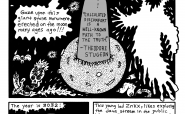
|
|
Author dreaming of a future without censorship we have never got rid of.
It seems, that people don‘t care while it grows stronger again.
|
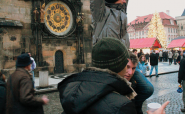
|
|
If you know your way around, you might discover that every month and maybe even every week you stand the chance to receive money for your cultural project. Successful applicants have enough money, average applicants have enough to keep their mouths shut, and the unsuccessful ones are kept in check by the chance that they might get lucky in the future. One natural result has been the emergence of…
|
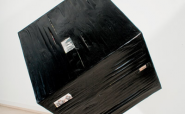
|
|
Borrowing heavily from fairy tales, fables and science fiction, the art of Magda Tóthová revolves around modern utopias and social models and their failures. Her works address personal and social issues, both the private and the political. The stylistic device of personification is central to the social criticism emblematic of her work and to the negotiation of concepts used to construct norms.…
|
|
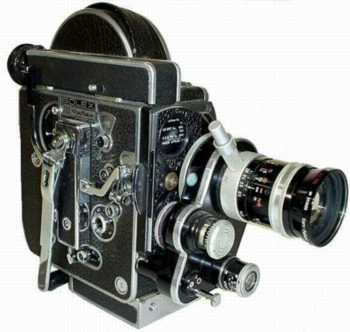
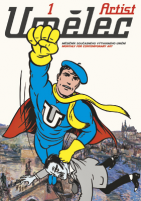



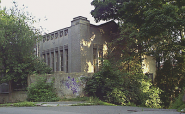

Comments
There are currently no comments.Add new comment